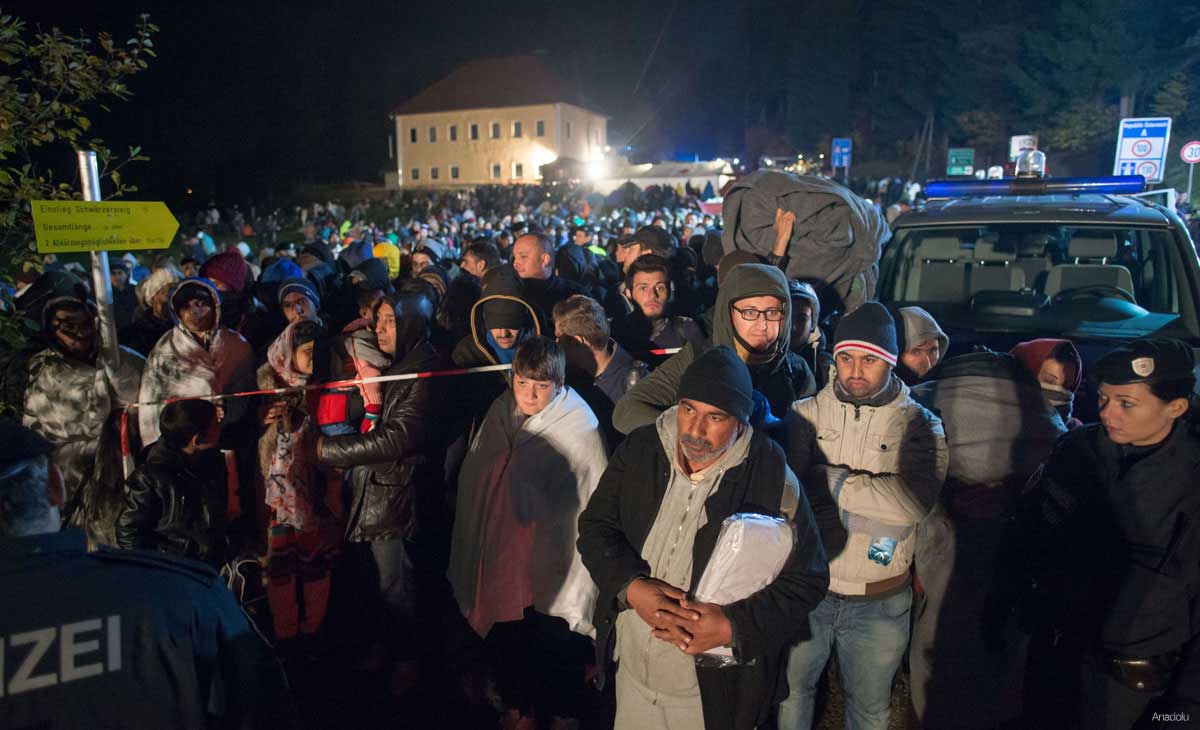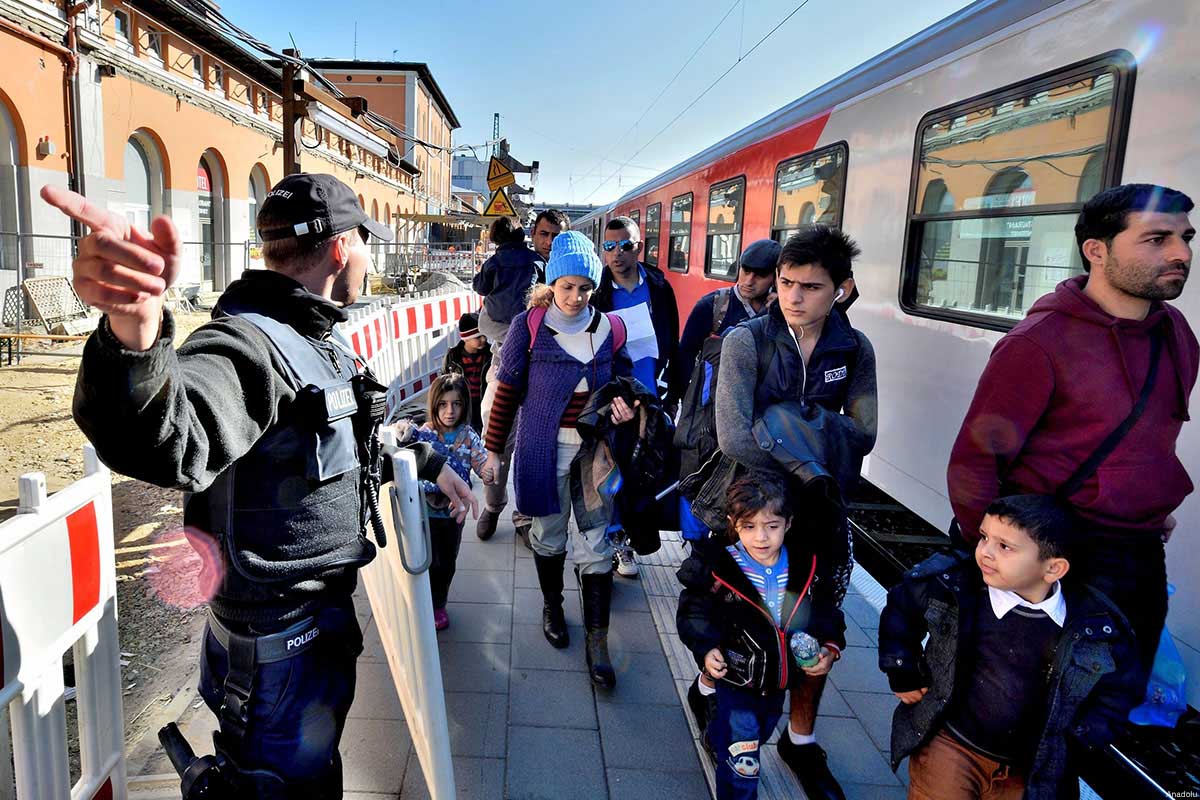Congrats! You're in Germany
According to the BBC, an application for asylum is made at the reception centre on arrival into Germany, where personal details, fingerprints and photographs (for those over 14) are taken. A temporary permission to stay is granted. The asylum seeker will then be invited to an interview to decide his or her case. Thankfully, Germany has unilaterally opted out of the Dublin Regulation so this means you can place your asylum claim in Germany even if your recorded point of entry into the EU was in another country.
Asylum seekers normally stay at reception centres for up to six weeks. After that they are offered either communal accommodation, or housed individually, depending on the policy of the federal state. People who are unable to support themselves financially "receive what they need for their day-to-day life", the German government says. Support varies from state to state, but generally includes non-cash benefits covering food and accommodation costs, plus limited spending money.

The current average time from application to decision is 5.3 months, according to the German government. If granted refugee status, a residence permit for three years will be granted. After this time a permanent residence permit can be applied for.
After being in the country for three months, asylum seekers can apply for permission to start work, subject to various restrictions. Anyone given a residence permit has unrestricted access to the labour market after four years.


